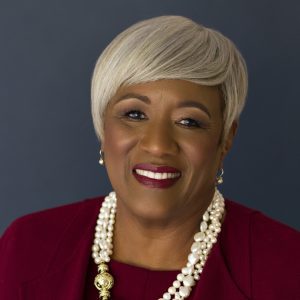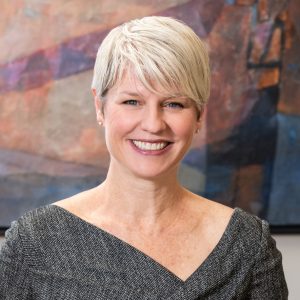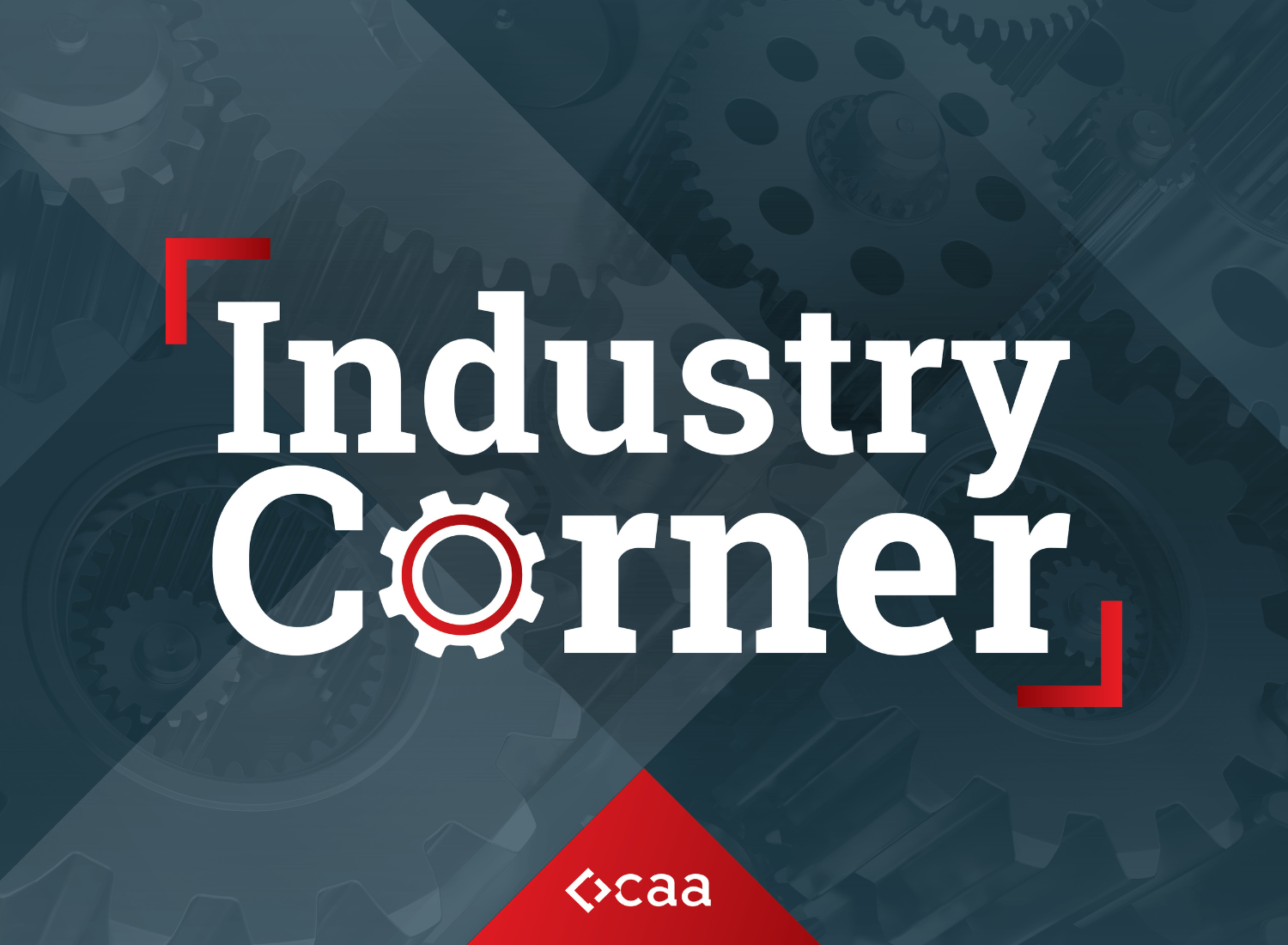How women leaders are tackling sector challenges in Triangle
Writer: Eleana Teran
 March 2024 — Amid a global pandemic and economic uncertainty in recent years, the landscape of workforce participation and economic opportunities has changed. In this setting, women in leadership roles are charting a path forward — not only for themselves but also for their organizations and clients.
March 2024 — Amid a global pandemic and economic uncertainty in recent years, the landscape of workforce participation and economic opportunities has changed. In this setting, women in leadership roles are charting a path forward — not only for themselves but also for their organizations and clients.
While many industries are still recovering from the impact of COVID-19, women in the workplace are facing even greater challenges. The World Economic Forum’s latest report shows that global gender parity has fallen behind, now needing an estimated 131 years to achieve, a significant increase from the 100 years projected in 2020. This delay is more severe in areas like Political Empowerment and Economic Participation and Opportunity, which are looking at gaps of 162 and 169 years, respectively.
According to the Women in the Workplace report, conducted by McKinsey, in partnership with LeanIn.Org, women’s representation in senior leadership roles is at an all-time high, yet significant barriers remain. The report identifies the “broken rung” at the managerial level as a critical obstacle, with women, especially women of color, being promoted at lower rates than men, perpetuating a cycle of underrepresentation.
The presence of women in leadership roles is not just about achieving gender parity, but about leveraging a proven advantage for business success. Research by DDI underscores the significant impact women leaders have on a company’s financial performance. Companies that are in the Top 10% for financial performance boast a higher percentage of women leaders, 29% compared to only 23% in companies that are underperforming. Women leaders also contribute significantly to a company’s resilience and ability to innovate in the face of challenges.
Women leaders in the Triangle, including Mollie Owen, broker/owner at Hodge & Kittrell Sotheby’s International Realty; Paulette Dillard, president and CEO of Shaw University; Devon Williams, co-managing director, labor and employment attorney at Raleigh, Ward and Smith, P.A.; and Adrienne Cole, president and CEO of the Greater Raleigh Chamber of Commerce, shared their insights with Invest: on the challenges facing their industries and the strategies they’re employing.
 Mollie Owen, Broker/Owner, Hodge & Kittrell Sotheby’s International Realty
Mollie Owen, Broker/Owner, Hodge & Kittrell Sotheby’s International Realty
Currently, the primary concern among our clients is the rising interest rates. The increased cost of loans compared to a few years ago, when rates were around 3% to 4%, is significantly impacting the market. Our approach is to guide clients toward the best-fitting loan programs and lenders with whom we’ve had positive experiences.
Another major concern is the inventory problem, which is not unique to us. The importance of working with a committed and vigilant agent is greater than ever. Our clients need someone constantly monitoring the market, as properties can be missed in just a few hours. Our commitment to providing the best service includes staying informed and continually educating ourselves about the market. We actively participate in economic and investment summits to keep our knowledge current.
This year presents challenges with the changing political landscape and fluctuating interest rates. The market is expected to experience volatility, particularly in a federal election year. Our focus is on staying abreast of these changes to best advise and support our clients through the complexities of the real estate market.
 Paulette Dillard, President & CEO, Shaw University
Paulette Dillard, President & CEO, Shaw University
This is probably the most challenging time our industry has experienced. Higher education is dealing with attacks on its reputation, value, and affordability. That is compounded by inflation and the high cost of providing the service. Trying to balance that — especially at a private, non-for-profit institution like Shaw University — is daunting. We are dependent on tuition revenue to do our work, which means we need students, many of whom all over the country are deciding to forego college. There is competition among colleges and universities to recruit nontraditional students; for example, older individuals already in the workforce who want to complete a bachelor’s degree they started years ago. We certainly need faculty to teach our students, yet recruiting personnel is tough in a state like North Carolina and in a region like the Triangle with so many incredible higher-ed institutions. My peers and I are juggling all of that while trying to deliver quality instruction and service. It highlights the need for the ShawU District. It demonstrates the need for partnerships that will yield internships for our students, provide training for our faculty, and generate external revenue streams. We can’t do it alone.
 Devon Williams, Co-Managing Director, Labor & Employment Attorney, Ward and Smith, P.A.
Devon Williams, Co-Managing Director, Labor & Employment Attorney, Ward and Smith, P.A.
Employers are facing several challenges and opportunities. The Federal Trade Commission proposed a rule that would purport to ban nearly all non-competes, and the National Labor Relations Board (NLRB) has published legal guidance memos and case decisions regarding noncompetes, nondisclosure agreements, and non-disparagement provisions, wherein the NLRB takes the position that restrictive covenant provisions generally violate the National Labor Relations Act. Similarly, several states have passed laws limiting the enforceability of various restrictive covenants. We are seeing a trend toward increased agency action on these issues.
Anytime something is happening in society at large, it impacts the employment sector. We are seeing the Equal Employment Opportunity Commission (EEOC) and an increasing number of states taking a hard look at pay equity and pay transparency. For instance, if an employer publishes an online job posting stating a position is remote, and can be based “anywhere,” that post can violate Colorado’s pay transparency law if the employer did not include the exact pay scale in the ad.
 Adrienne Cole, President and CEO, Greater Raleigh Chamber of Commerce
Adrienne Cole, President and CEO, Greater Raleigh Chamber of Commerce
While excellent talent and education resources are differentiators for our region, available talent continues to be a concern for area businesses large and small. It is crucial to ensure robust support for education in the region, reflecting the needs of businesses. We also must continue to address infrastructure challenges to keep pace with our rapidly growing community.
Economic development policies remain a focal point of our efforts and we engage actively in this arena. Additionally, at the local level, we often take on the role of running advocacy campaigns for bond referendums. Whether it’s advocating for park and greenway development, school construction, or housing affordability measures, we step up to support vital community initiatives.
For more information visit:














